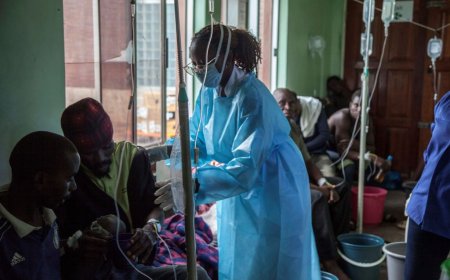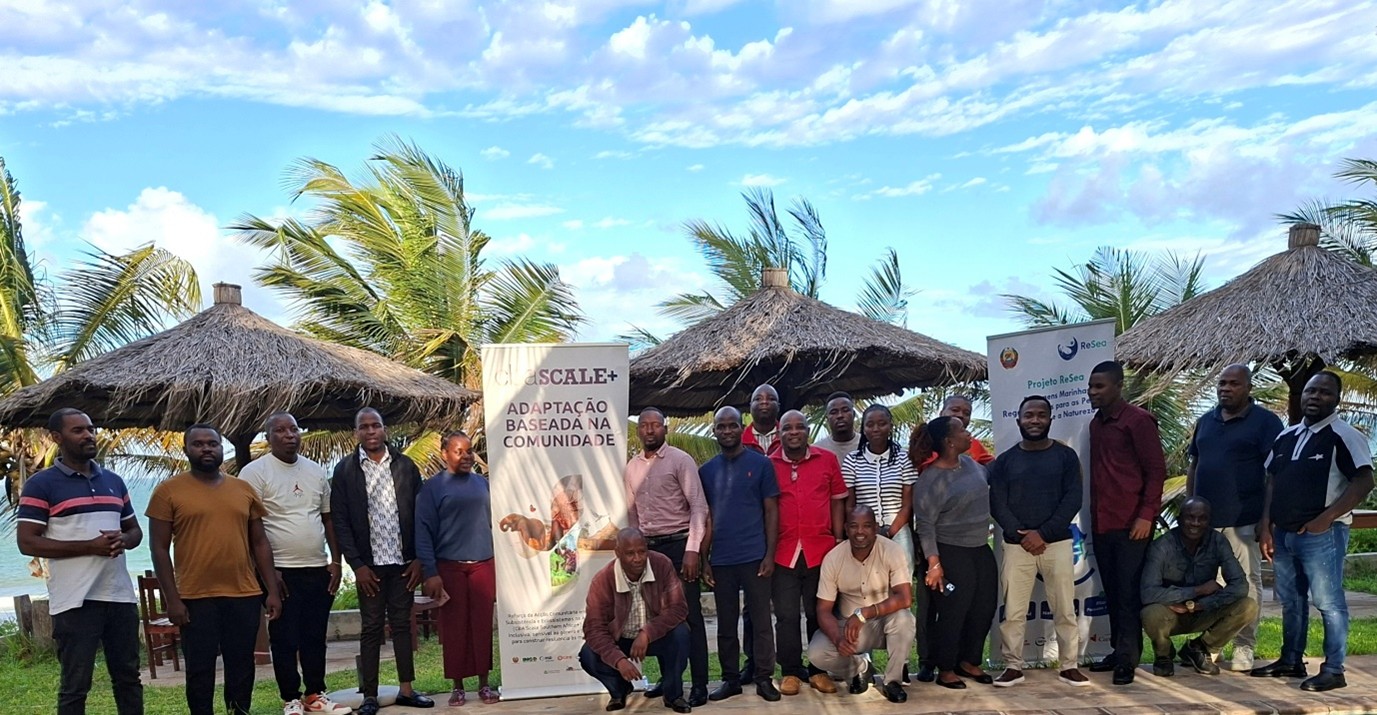Climate Change Behind Africa Cholera Surge, Top Health Officials Say
Africa CDC links the worst cholera outbreak in three years to climate change, which causes floods and disrupts health systems. The disease kills hundreds in the region, where vaccine supply is low and immunity is weak. Zambia, Zimbabwe and Congo struggle to get enough doses to prevent more deaths.

The Africa Centres for Disease Control and Prevention, the continent’s chief health advisory body, has tied the worst outbreak of cholera in three years to climate change, saying adverse weather is raising the risk of this disease faster than in the rest of the world. That’s as floods in Democratic Republic of Congo — and across much of southern Africa — stretch already fragile health systems, limit access to safe water and sanitation and force people from their homes. “Cholera in Africa is a climate change issue,” said Jean Kaseya, director general of Addis Ababa-based Africa CDC.
Outbreaks of cholera have swept across more than a dozen countries in the region over the past year, causing hundreds of deaths from rural Zambia to the outskirts of the capital of South Africa, the continent’s most developed nation.
The surge in cases comes even as Africa is the region least responsible for climate change, but one of the hardest hit by adverse weather caused by a warming world. While most people can be successfully treated for the waterborne disease, which causes severe dehydration from vomiting and diarrhea, through prompt administration of oral rehydration solution, it’s harder in communities that have low pre-existing immunity due to low vaccination rates and poor general health.
The current shortage of cholera vaccines is also hampering efforts to contain outbreaks of the bacterial disease. Globally, there are 15 to 18 million doses available, even as Africa needs as many as 80 million, Kaseya said. “When you lack vaccines, when you lack a number of medicines, that is what’s making the situation worse,” he said. Zambia has procured 1.7 million doses but requires 3.2 million, he said. Zimbabwe needs 3.2 million doses, but has only secured 800,000 doses and the Congo is even worse off as it needs 5 million doses, but has none. Gavi, an international vaccine alliance, is trying to secure doses, Kaseya said.
What is Your Reaction?
 Like
1
Like
1
 Dislike
0
Dislike
0
 Love
0
Love
0
 Funny
0
Funny
0
 Angry
0
Angry
0
 Sad
0
Sad
0
 Wow
0
Wow
0













































































